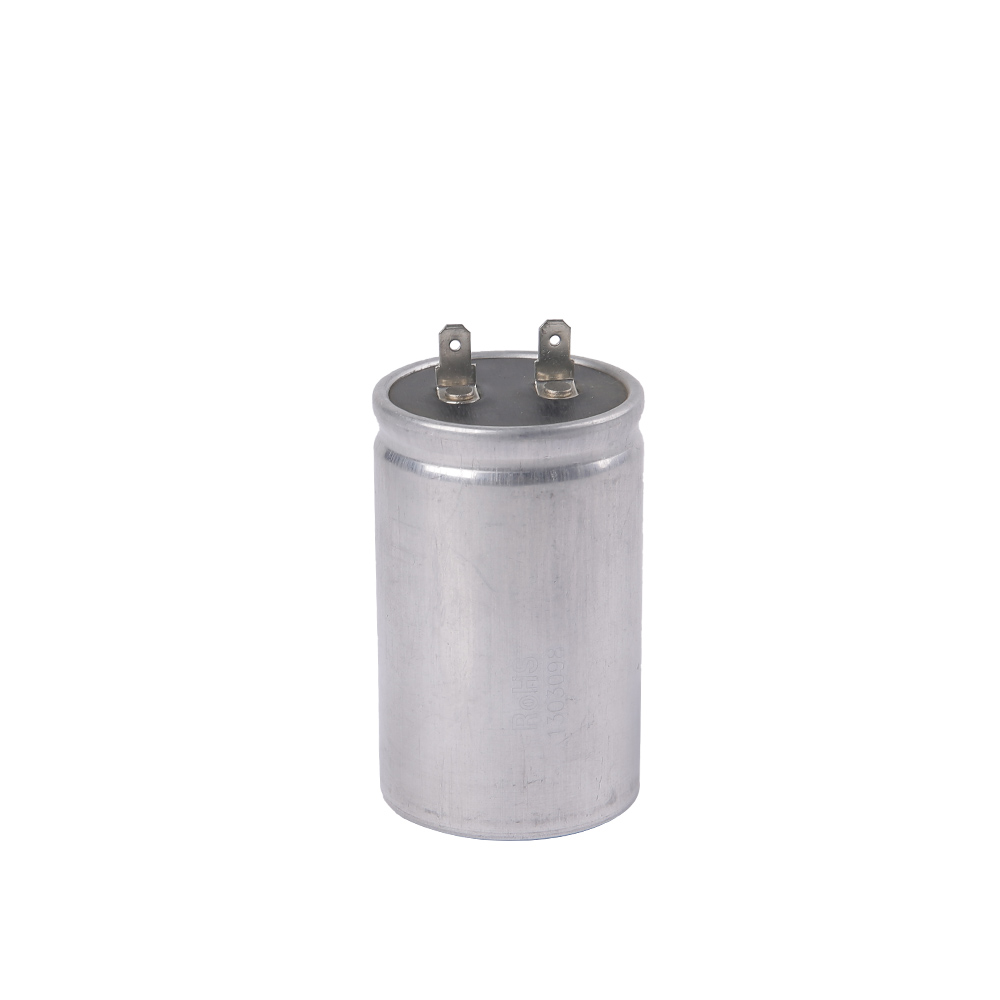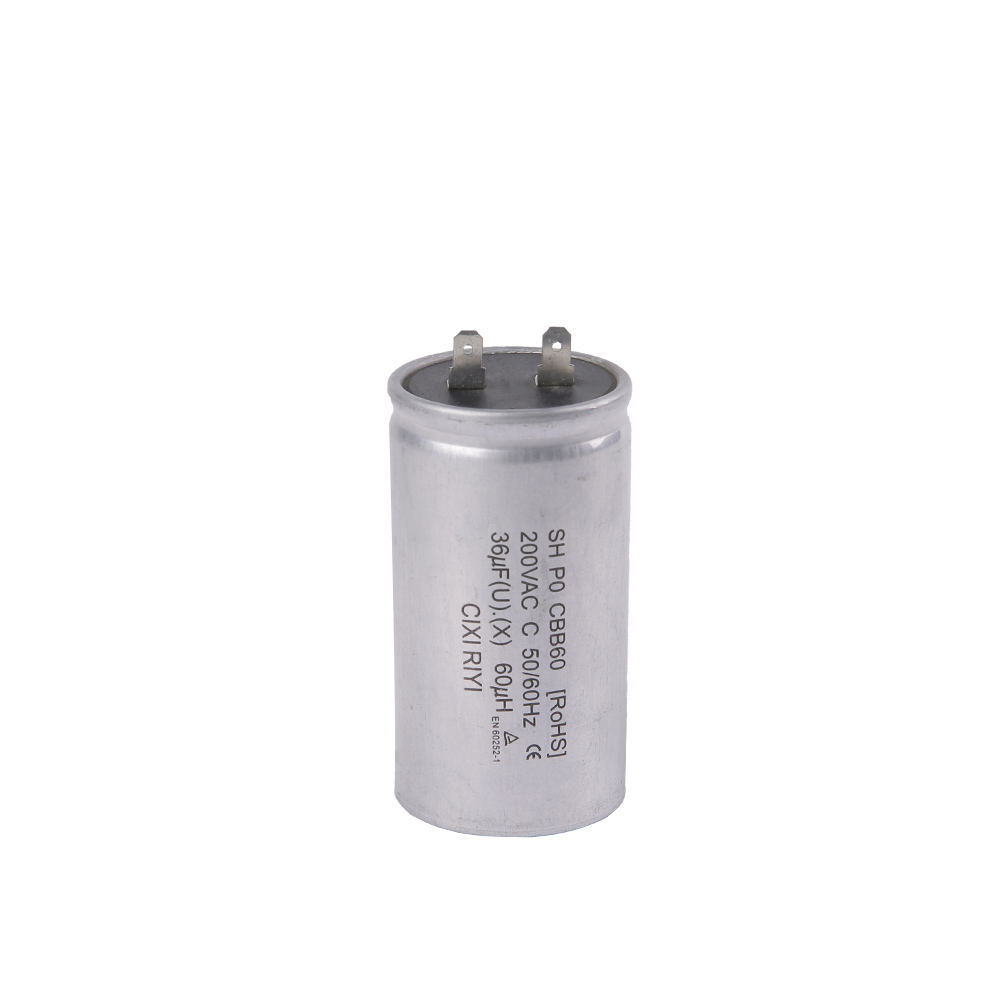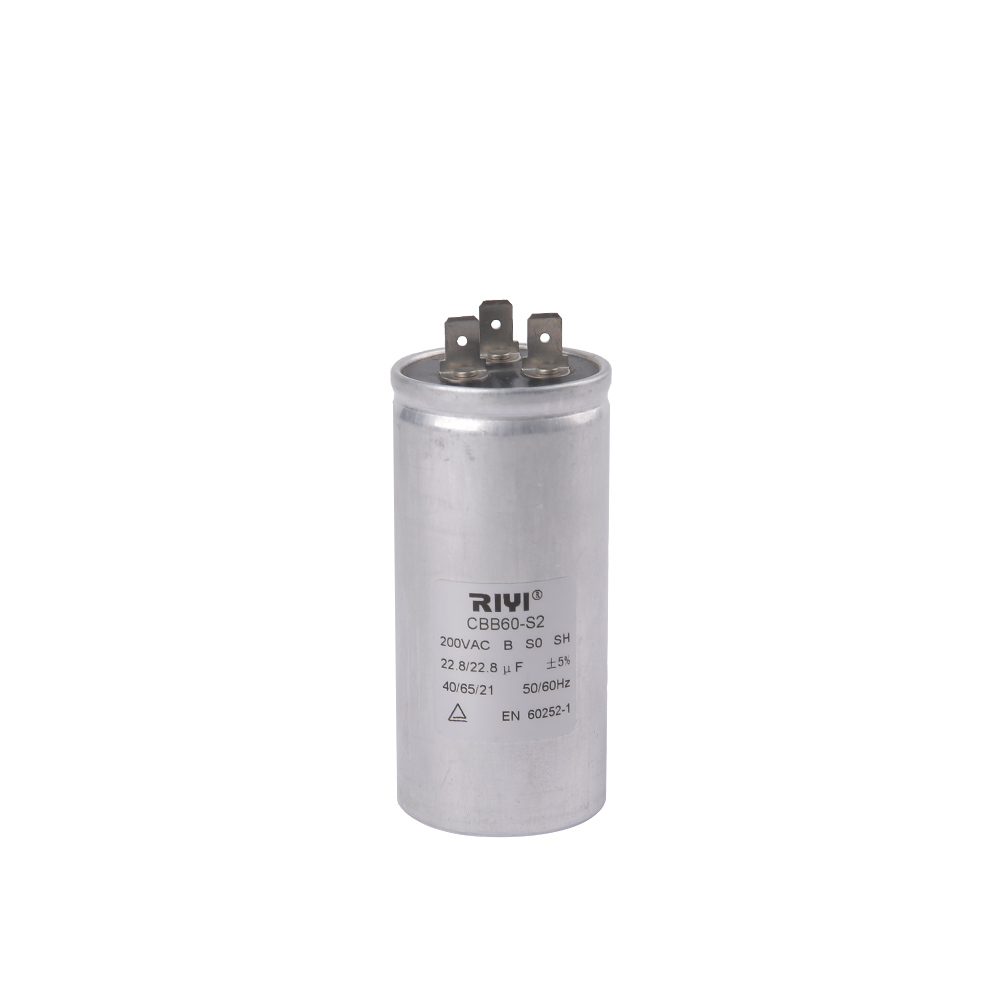[Symbol of Resistor] Resistive impedance inhibits the flow of current, resulting in a drop in voltage (voltage drop). Resistors are widely used in electrical and electronic circuit design. Resistors can be classified as providing fixed resistors, variable resistors, sliding wire resistors, sliding rheostats, sliding resistors, or adjustable resistors. Adjustable resistors are usually referred to as rheostats, or potentiometers. The resistance value is expressed in ohms and the symbol is Ω. In electrical or electronic circuit design, resistors create a known voltage drop or current-voltage relationship.
If the current in a circuit is known (current is measured in amperes A), then a resistor can be used to create a known potential difference (voltage difference) that is proportional to the current. Conversely, in a circuit, if the voltage drop (potential difference) across two nodes is known, a resistor can be used to create a known current that is proportional to the potential difference. An attenuator is a network resistor consisting of two or more resistors, also known as a voltage divider.
A terminating resistor (Line Terminator) is a special resistor pack or resistor block that is often used to ensure the stability of the overall circuit signal. Terminating resistors act like filters, eliminating electrical noise generated by numerous cables and equipment.


 简体中文
简体中文 English
English Español
Español عربى
عربى












 +86-13600614158
+86-13600614158
 +86-0574-63223385
+86-0574-63223385 Zonghan Street,Cixi City,Zhejiang Province,China.
Zonghan Street,Cixi City,Zhejiang Province,China.